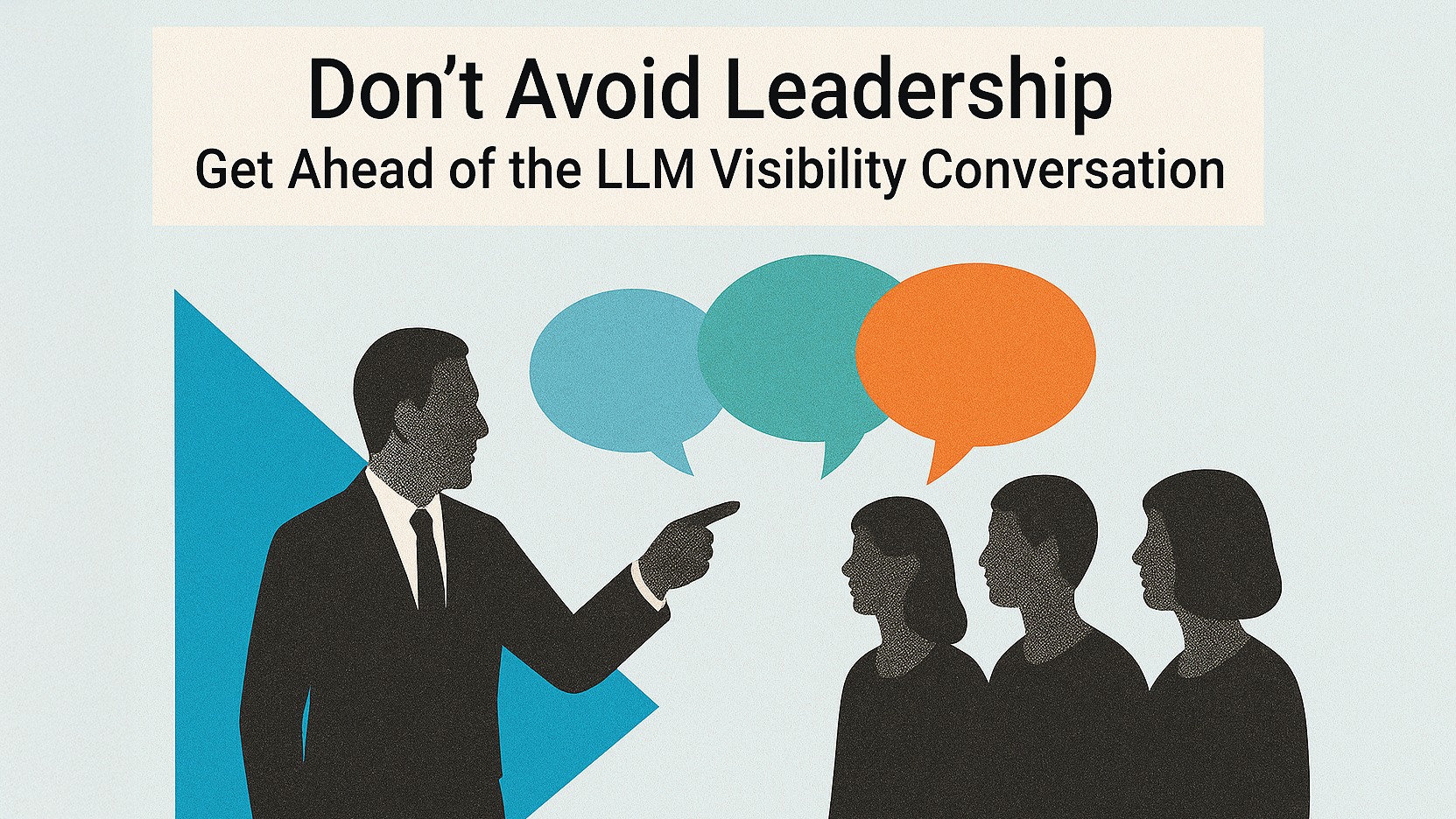9 big risks of cheap SEO
Know what you might be getting into before engaging with a cheap SEO provider. Here are warning signs to watch for and situations to avoid.
Search engine optimization requires an investment. Look at it as an investment with an expectation of a return on that investment.
SEO is a long-term discipline and process. It demands a robust plan for strategy development and implementation in the technical, on-page and off-page areas of optimization.
Not all sites are equal. Goals, conversions, starting points, opportunities, and organizational structures are some factors that determine how easy or hard it will be to reach SEO goals.
Over my career, I have worked with hundreds of brands, organizations and sites on SEO. I can definitively say there’s no one-size-fits-all answer for the right SEO plan or the right partner for each company.
A vital variable in SEO ROI is the investment amount itself. If you have it covered by someone on your team or in a role you manage, then you have soft costs. If you’re paying someone outside like a consultant, agency or SEO firm, then you are well aware of the hard costs.
Using “cheap” options is dangerous. Cheap is a relative term, but it will make sense what it is as I unpack the nine risks of cheap SEO.
1. Absence of a strategy and plan
With the short-term tactics and longer-term expectations on ROI, it is critical to have a roadmap for SEO. Yes, it will likely change based on the need for additional content, rounds of optimization, and changes with search engine algorithms.
Yet, when cutting corners, costs or time, you risk getting short-changed when it comes to putting enough time into research, strategy development, and planning out the tactics.
2. Misalignment of goals
An age-old frustration for me is seeing and hearing about SEO reporting that only reports ranking positions, keywords ranked, and clicks. Even some levels of conversion reporting can fall into this for me.
I painfully learned about the misalignment of SEO goals versus business goals firsthand early in my career a long time ago. I can still remember walking confidently into that client meeting with all of my SEO metrics looking great, thinking the client would be pleased. That client walked in thinking the opposite as they saw zero new business from the SEO efforts.
Cheap SEO runs the risk of showing superficial stats and focusing on things that aren’t tailored to your business or that really move the needle.
3. Lack of transparency
If you’re buying $99/month SEO, there has to be something allowing the firm to charge that low of a price. Or, if you’re investing in equally cheap software that promises to deliver results, you’re at risk of not getting a transparent picture of what you’re buying.
One of the things I hate the most about this industry (my industry) is that there are still entities out there taking advantage of small (and even large) businesses.
A lack of transparency is a warning sign that you’re at risk of being hurt by cheap SEO. That can cover:
- Who is working on your account.
- The strategy.
- What will be measured.
- How it will be reported.
- Or anything related to the effort.
4. Risky tactics
I’m not here to dive into any debates or talk about gray areas or risky tactics. You can find those conversations and debates elsewhere, and I’m happy to have them.
You need to know that cheap SEO can often take shortcuts to make it affordable. That could include:
- Buying links from third-party services.
- Creating large-scale, low-quality content.
- Engaging in many other tactics that might be high risk and high reward.
Again, you can be the judge on whether you are OK with those tactics or not, but know that the risk exists.
That’s especially the case if you experience the lack of strategy, lack of transparency, or other aspects I have shared so far.
5. Poor reporting
Good SEO reporting includes integration with your business metrics that matter and all the aspects that led up to that point. That means the SEO visibility and engagement metrics and the story and insights as to what drove the effort.
- How are we doing in meeting our goals?
- Where are we in the plan?
- Is there anything changing or adapting in the strategy?
- What do the metrics mean?
- How are they contributing to SEO ROI?
Cheap SEO often leads to skimpy, inadequate or unreliable reporting. It can lead to seeing numbers that don’t make sense or that don’t go deep enough to validate the effort.
6. Not enough communication
Early in my career, I could do a lot more SEO in a silo than can be done now. I think the evolution and blowing up of the silo is a good thing.
That said, whoever is driving the strategy, implementing the tactics and reporting on the plan should be talking regularly. SEO requires alignment of approvers/stakeholders, strategists, UX, dev, IT, content producers, and more.
Cheap SEO often leads to promises to do it all, only for the cheap SEO provider to disappear. They might also over-promise or over-commit without enough communication to collaborate properly and have all resources working together for success.
7. Little action
Again, I hate seeing people being taken advantage of. Yes, cheap SEO is cheap. That means if it doesn’t work, then you’re not out as much money as if you invested in an expensive effort that failed.
However, time lost now pushes out the timeline for ROI and results down the road. If the cheap SEO provider is slow or only does an amount equivalent to their monthly or set scope, it can cost you the speed and velocity at which you can grow through SEO.
Cheap SEO risks wasting months of your time and ability to grow, even if it doesn’t set you back significantly financially.
8. Cookie-cutter tactics
Even if you’re seeing some positive movement with a cheap SEO provider, chances are that your mileage will vary. You likely have someone staying in a shallow strategy area who is working through a checklist.
SEO is much more than a checklist. If you’re getting cookie-cutter tactics, you’ll have a lower ceiling than if you’re working with someone who might be a larger investment but provides a more custom, tailored approach and solution for you.
Cheap SEO is often based on running through simple audits, software, or a checklist that anyone could implement and doesn’t get deep enough to push through for more competitive markets and keywords.
9. Negative ROI
The most important and biggest risk to cheap SEO is negative ROI. Again, maybe you’re not out a large sum of money if the effort doesn’t have an impact.
However, if the cheap SEO option did harm, you may have some hidden costs that push you into further negative territory.
Having to undo risky tactics that might have gotten you penalized or pushed into negative SEO territory, trying to regain lost time and money, are big risks of cheap SEO that fall into the negative ROI arena.
Conclusion
I’m not saying that expensive SEO is good. That’s a topic for another article (along with how to ensure you fully understand what you’re getting without over-investing and putting yourself into a negative SEO ROI position).
Knowing the risks of cheap SEO, though, can help you know what you might be getting into and fully understand the questions to ask, warning signs to watch for, or situations to avoid. Much like other areas of life and business – if it sounds too good to be true, it probably is.
Seek out referrals, references and case studies to find the right partner for you if you’re hiring an SEO firm, buying software, or hiring talent. Recognize the risks and keep your eye on your return on investment goals and how you’re trending and tracking toward them.
Contributing authors are invited to create content for Search Engine Land and are chosen for their expertise and contribution to the search community. Our contributors work under the oversight of the editorial staff and contributions are checked for quality and relevance to our readers. Search Engine Land is owned by Semrush. Contributor was not asked to make any direct or indirect mentions of Semrush. The opinions they express are their own.


